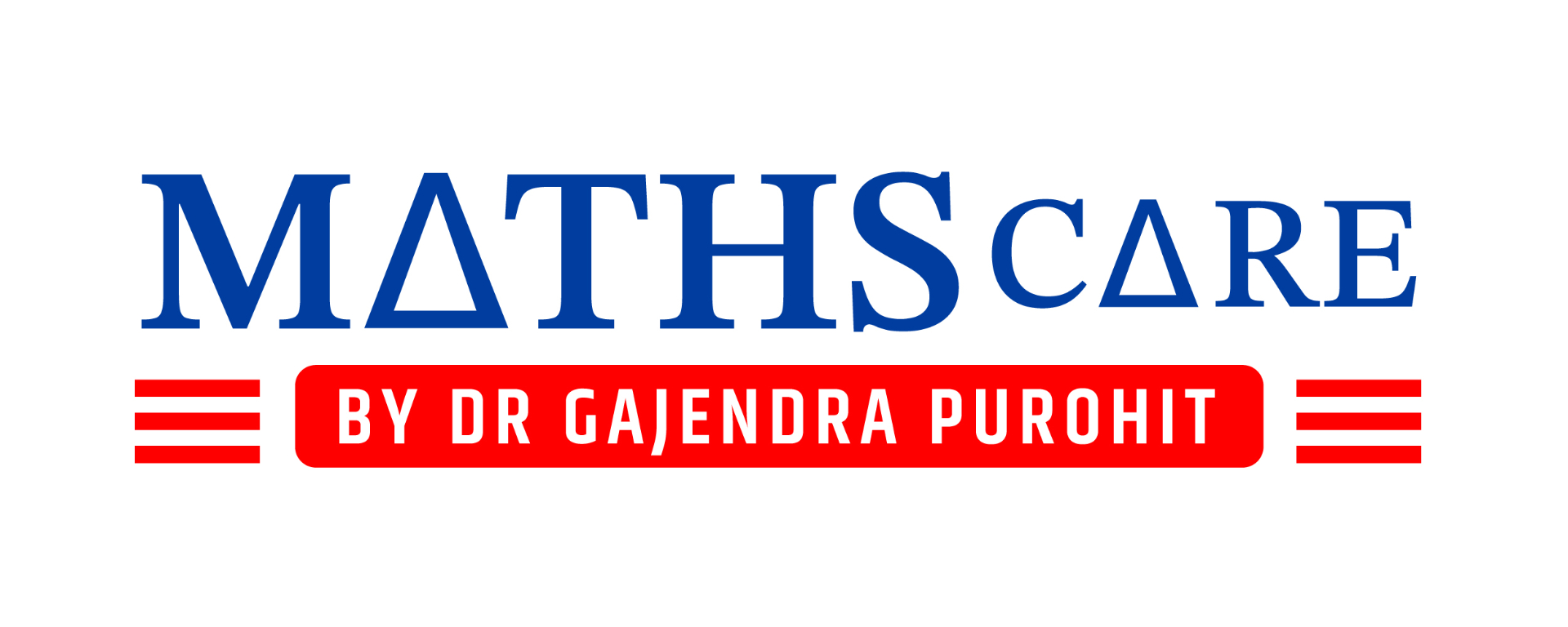
How to Become an IITian : IIT JAM 2025 Mathematics
Known for their excellence in education and research, the Indian Institutes of Technology (IITs) represent the pinnacle of academic achievement. Becoming an IITian is a dream for many students across India. Traditionally, students must clear the highly competitive JEE Advanced exam to enter IIT undergraduate programs. However, there’s a lesser-known path to the IITs for those who want to avoid the JEE Advanced—through the IIT JAM (Joint Admission Test for M.Sc.). This guide explores how you can become an IITian via IIT JAM, diving into its benefits, exam structure, and preparation tips.
Table of Contents:
- Introduction to IIT JEE and JEE Advanced
- About IIT JAM
- Why Choose IIT JAM?
- IIT JAM Exam Pattern
- IIT JAM Cutoffs
- IIT JAM Syllabus
- Conclusion
1. Introduction to IIT JEE and JEE Advanced
The Joint Entrance Examination (JEE) is the gateway for undergraduate admissions into IITs. It consists of two stages: JEE Main and JEE Advanced. While JEE Main serves as the qualifying round, only top scorers get to attempt JEE Advanced, an exam known for its challenging problems in Physics, Chemistry, and Mathematics. While passing JEE Advanced is a remarkable achievement, the intense competition can be overwhelming. Many students look for alternatives that provide a less stressful but equally prestigious pathway to IITs.
2. About IIT JAM
The IIT JAM (Joint Admission Test for M.Sc.) offers an alternative route for students aiming for a postgraduate degree at IITs. Held annually by different IITs, this entrance exam tests knowledge in subjects like Mathematics, Chemistry, Physics, Biotechnology, Economics, and Geology. Unlike JEE Advanced, which focuses on undergraduate admissions, IIT JAM is designed for students seeking higher education in science. By excelling in this exam, you can pursue M.Sc. and other post-bachelor’s degree programs at IITs.
3. Why Choose IIT JAM?
For students wanting to join IITs without JEE Advanced, IIT JAM presents several advantages:
- Less Competitive: Fewer applicants appear for IIT JAM compared to JEE Advanced, making the competition more manageable.
- Focused Syllabus: IIT JAM has a subject-specific syllabus, allowing candidates to focus on their areas of interest.
- Higher Education Opportunities: IIT JAM provides a gateway to advanced degrees, opening doors to research, academia, and high-tech industries.
- An Alternative to JEE Advanced: For students who excel in specific science subjects but may not perform well across the broader range of JEE Advanced topics, IIT JAM offers a viable alternative to gain entry into the prestigious IITs.
4. IIT JAM Exam Pattern
The IIT JAM exam is designed to test in-depth knowledge across different subjects. The exam comprises 60 questions over a three-hour period, divided into three sections:
- Section A: Multiple Choice Questions (MCQs) where candidates must select one correct option out of four.
- Section B: Multiple Select Questions (MSQs) that may have one or more correct answers. Full marks are awarded only if all correct options are selected.
- Section C: Numerical Answer Type (NAT) questions, where candidates must manually enter a numerical value.
This balanced format ensures that candidates demonstrate both conceptual understanding and problem-solving skills.
5. IIT JAM Cutoffs
Cutoffs for IIT JAM can vary each year based on several factors:
- Exam Difficulty: A harder exam typically results in lower cutoffs.
- Number of Applicants: An increase in applicants can push the cutoffs higher.
- Seat Availability: A limited number of seats also affects how high the cutoffs go.
Typically, IITs release cutoffs after the results are declared, and candidates who meet or exceed these cutoffs are eligible for admission. Knowing the cutoff trends can help you gauge the level of competition and set realistic preparation goals.
6. IIT JAM Syllabus
The IIT JAM syllabus is well-structured and subject-specific, covering advanced topics. For example, in Mathematics, the key areas include:
- Sequence and Series of Real Numbers: Mastering series convergence is essential.
- Functions of One Variable: In-depth study of limits, continuity, differentiability, and integrability.
- Functions of Two or Three Variables: Working with partial derivatives and multiple integrals.
- Integral Calculus: Topics include definite and indefinite integrals with real-world applications.
- Ordinary Differential Equations: Solutions for first and second-order equations.
- Group Theory: Understanding groups, subgroups, and their applications in various fields.
- Linear Algebra: Crucial topics like vector spaces, transformations, and matrices.
Mastery of these topics equips candidates with the analytical skills needed for higher studies in IITs.
Conclusion
Becoming an IITian without clearing JEE Advanced is possible through IIT JAM. This alternative path offers a focused approach, particularly for students passionate about pursuing M.Sc. degrees. By choosing IIT JAM, you gain the opportunity to enter IITs without facing the stiff competition of JEE Advanced. Dedication, strategic preparation, and understanding the syllabus are essential to succeed in this exam. IIT JAM not only opens the door to India’s top institutions but also provides the foundation for a fulfilling career in science and research.
Also check:
Courses Offered:



Buy our best-selling books on Flipkart and Amazon
Flipkart Combat Test Series CSIR-NET/JRF/Mathematics By Dr. Gajendra Purohit, GPS PUBLICATIONS – click here Amazon Combat Test Series General Aptitude for CSIR NET, GATE & CUET – click here Amazon Combat Test Series CSIR-NET/JRF/Mathematics By Dr.Gajendra Purohit, GPS PUBLICATIONS- click here |
Tag:Alternative to JEE, Higher Education in IITs, How to become an IITian, IIT Admission without JEE, iit jam, IIT JAM 2024, IIT JAM Benefits, IIT JAM Cutoffs, IIT JAM Exam Pattern, iit jam mathematics, IIT JAM Number of Applicants, IIT JAM Preparation, iit jam syllabus, Joint Admission Test for M.Sc, M.Sc in IIT




